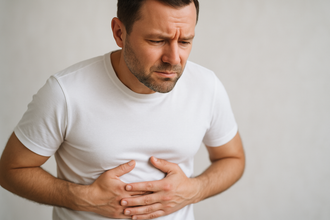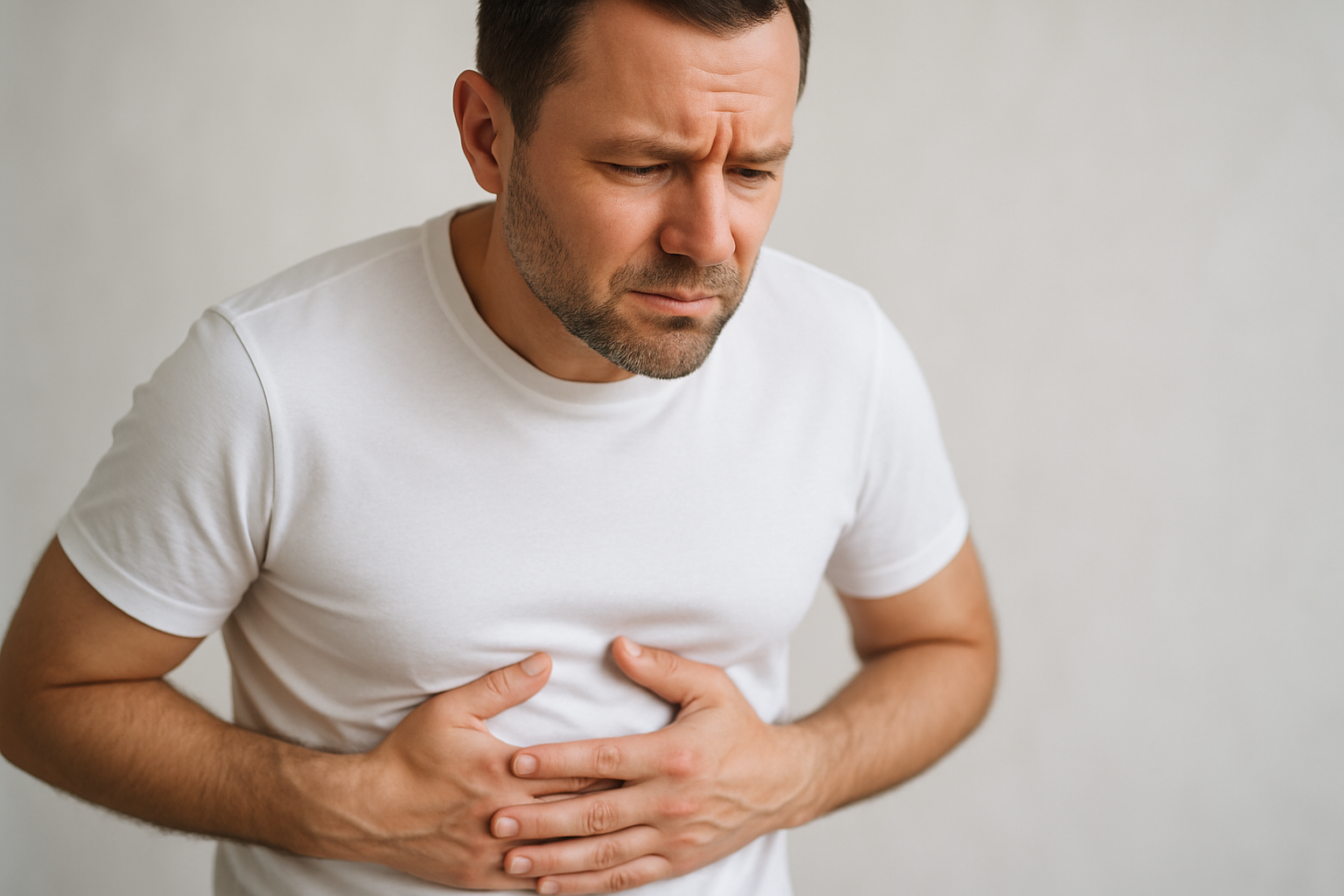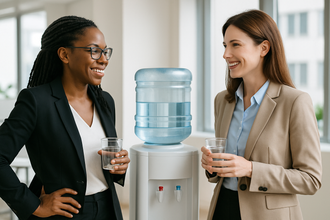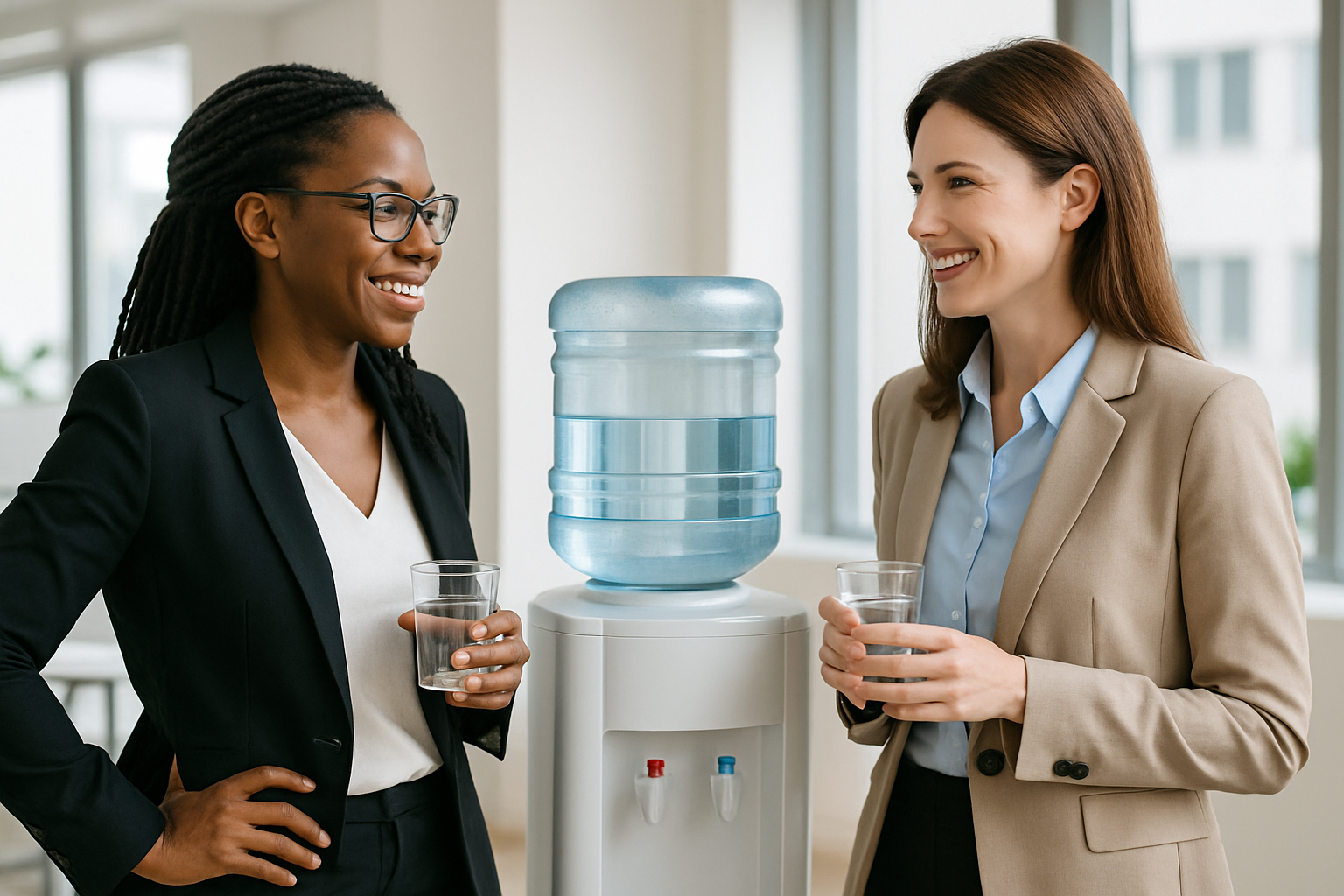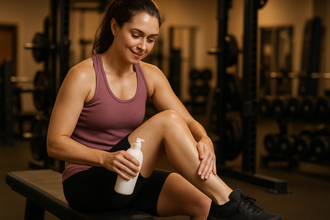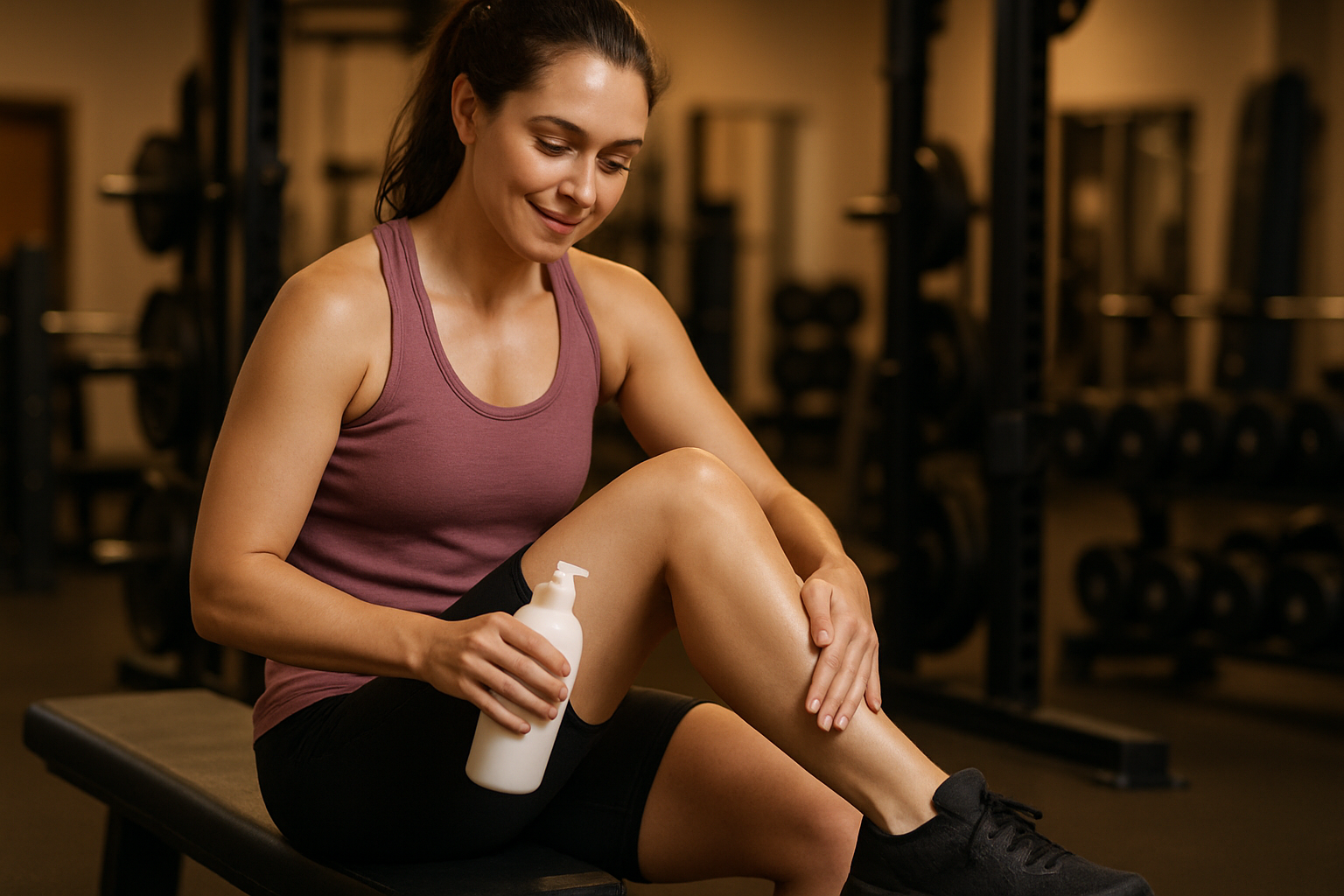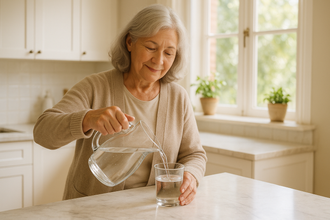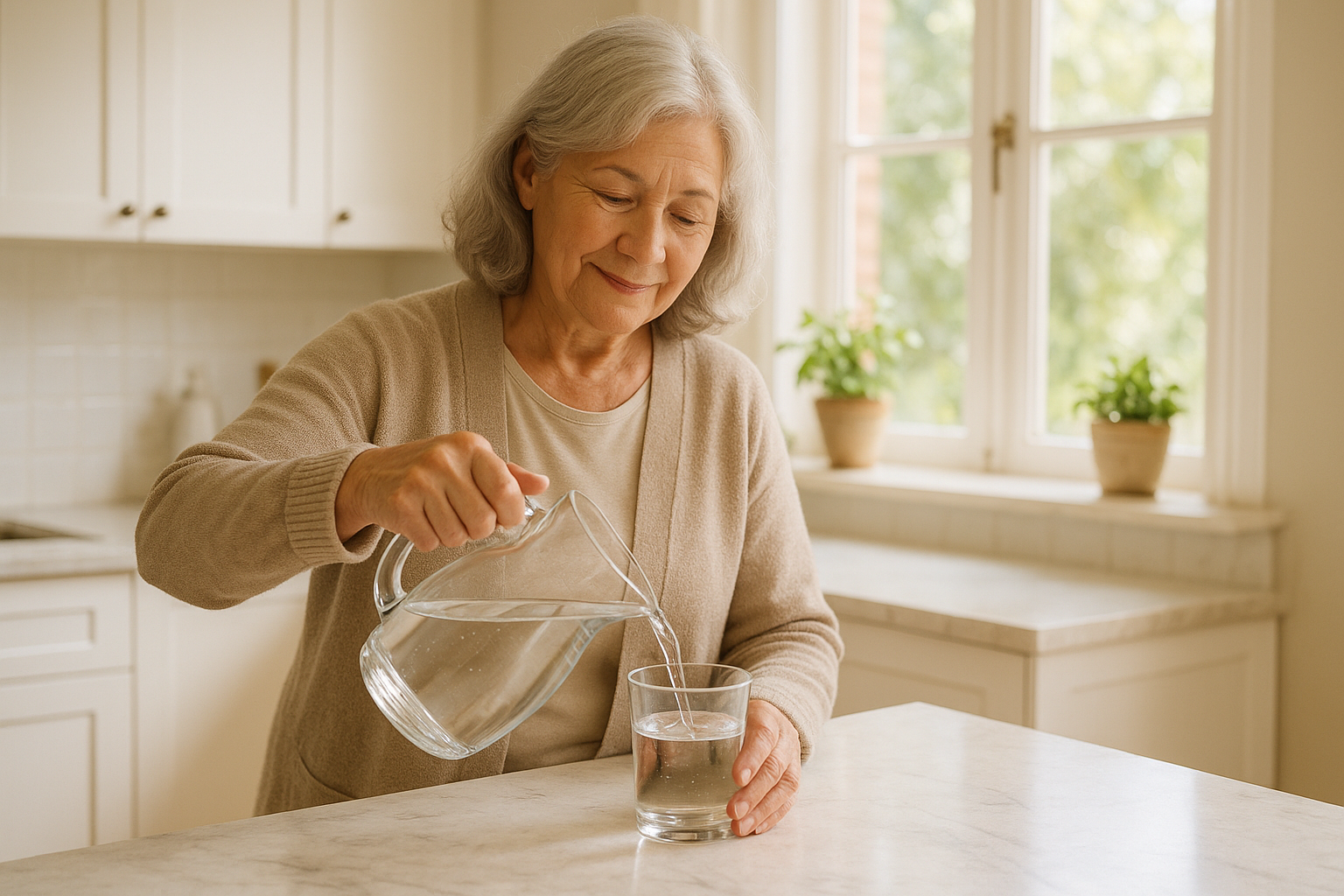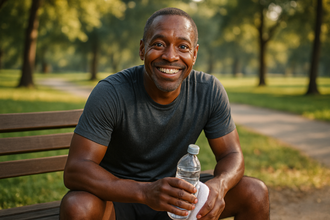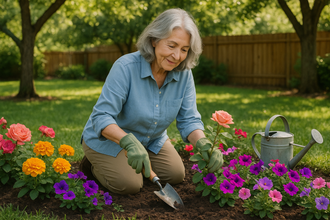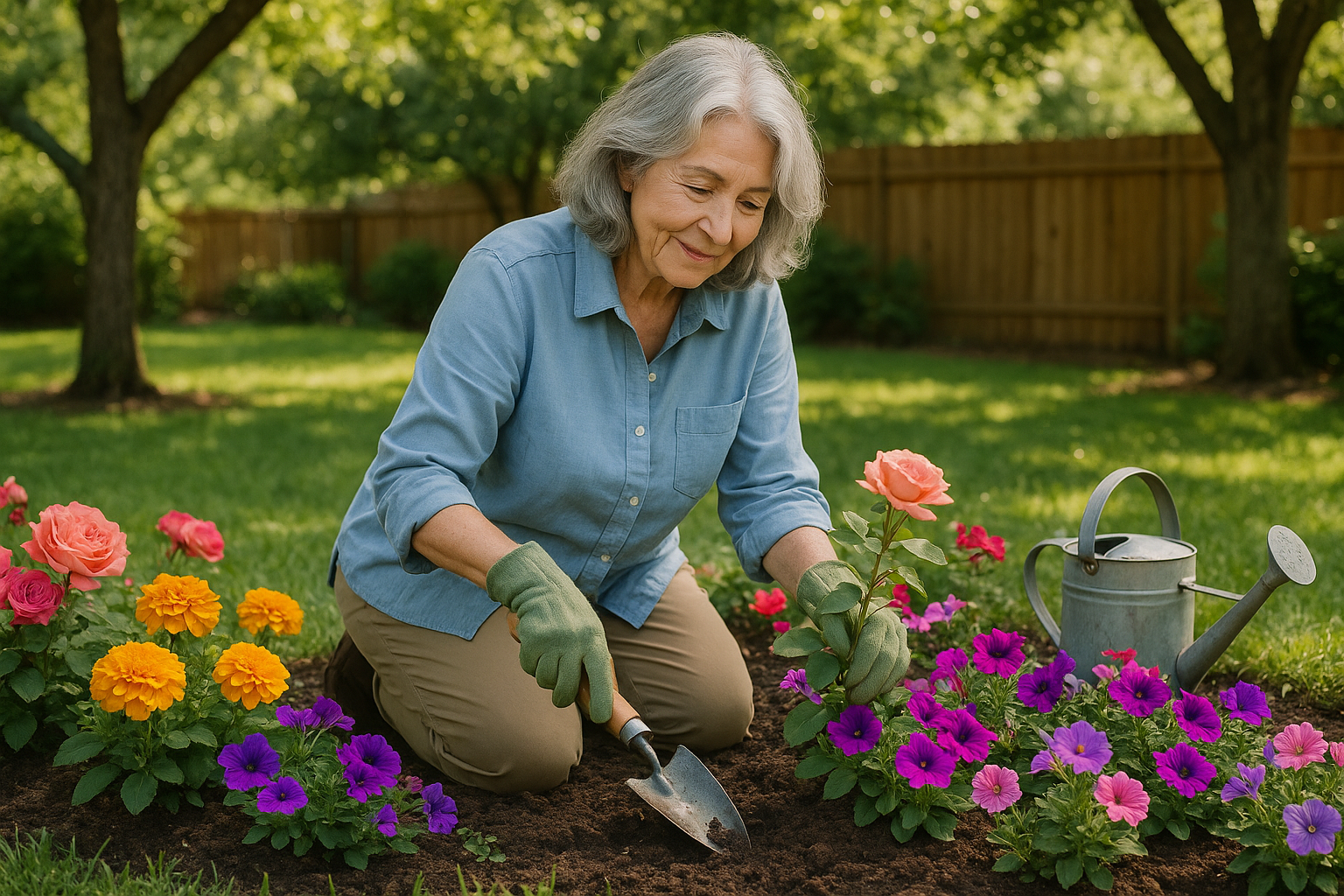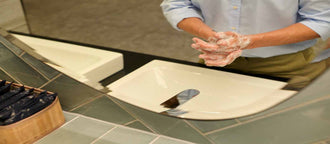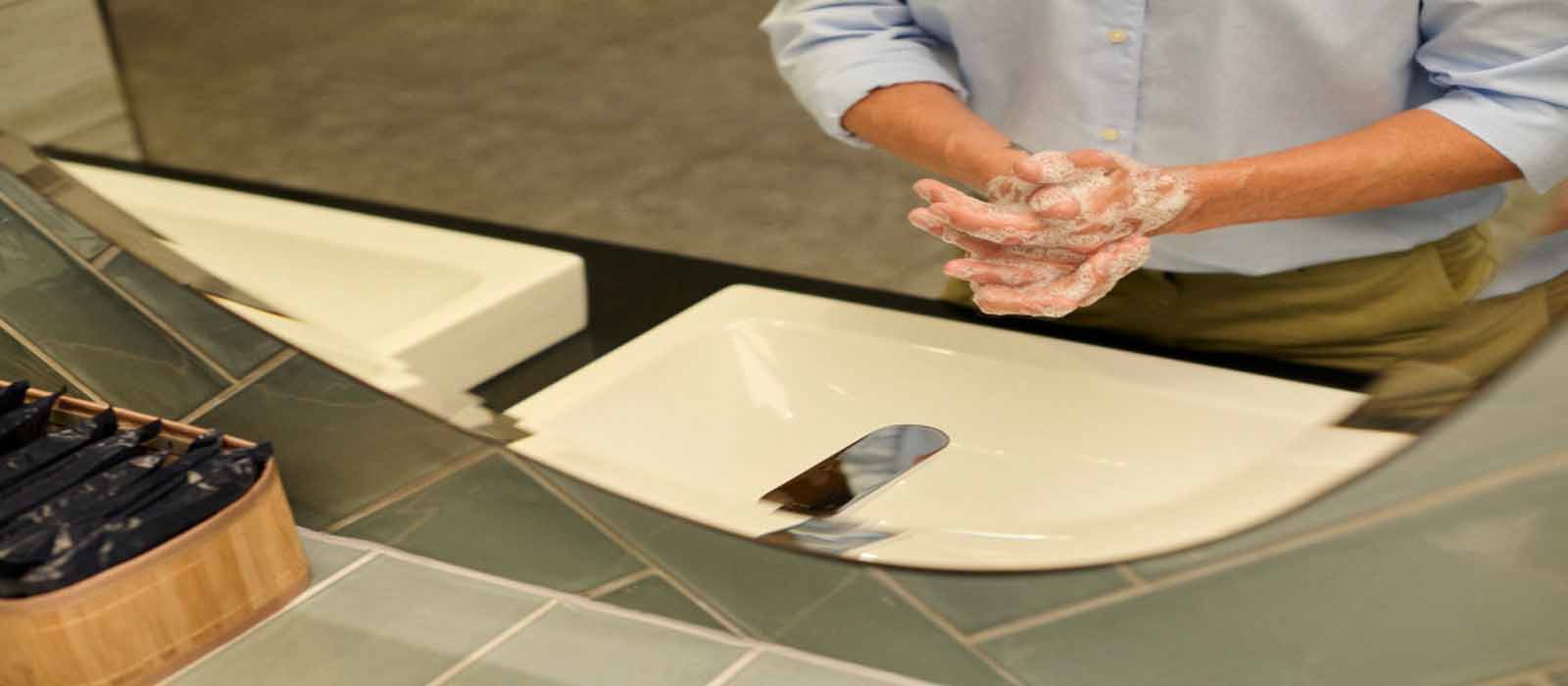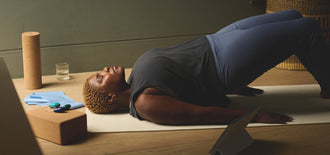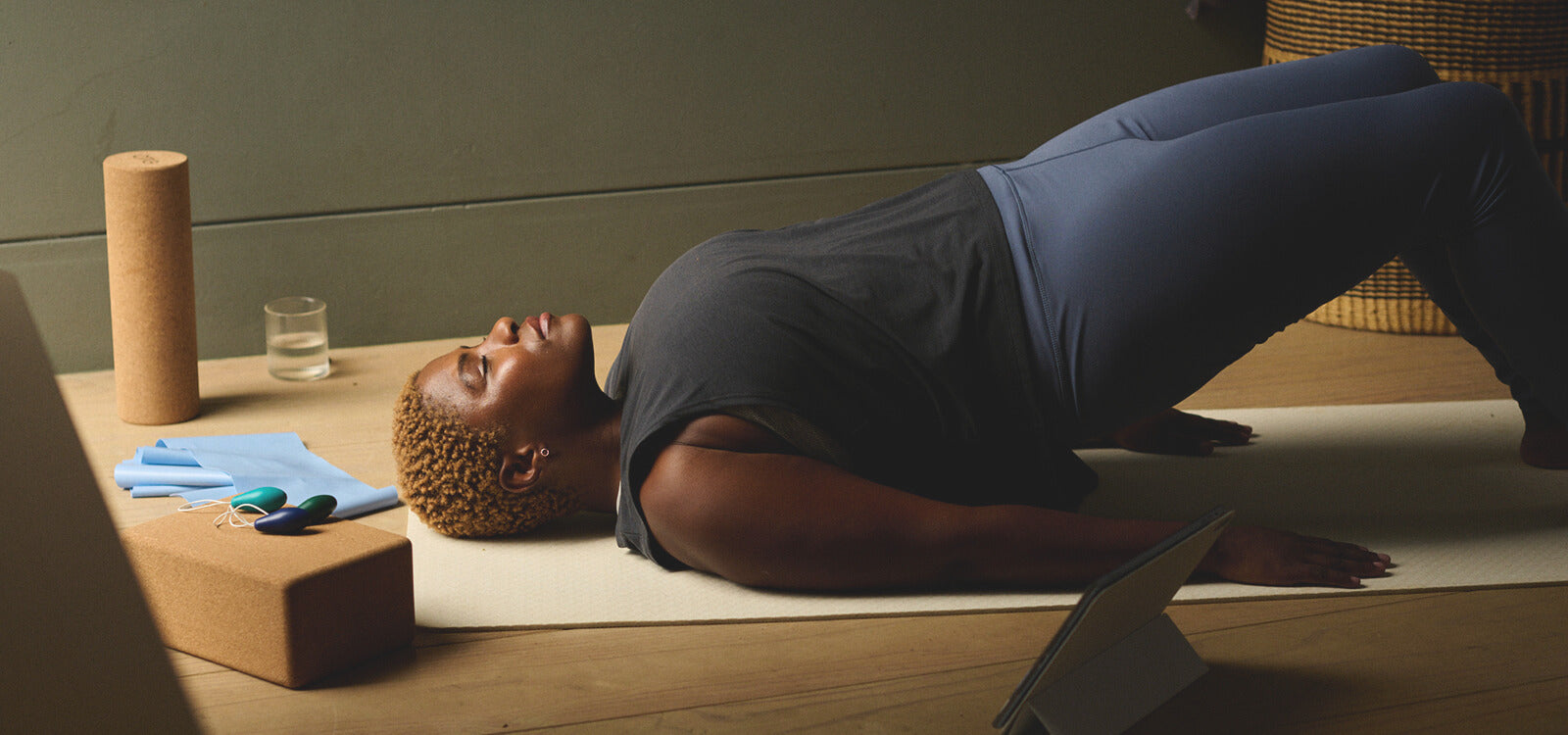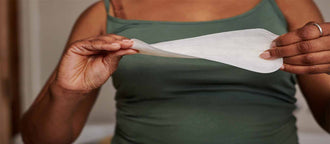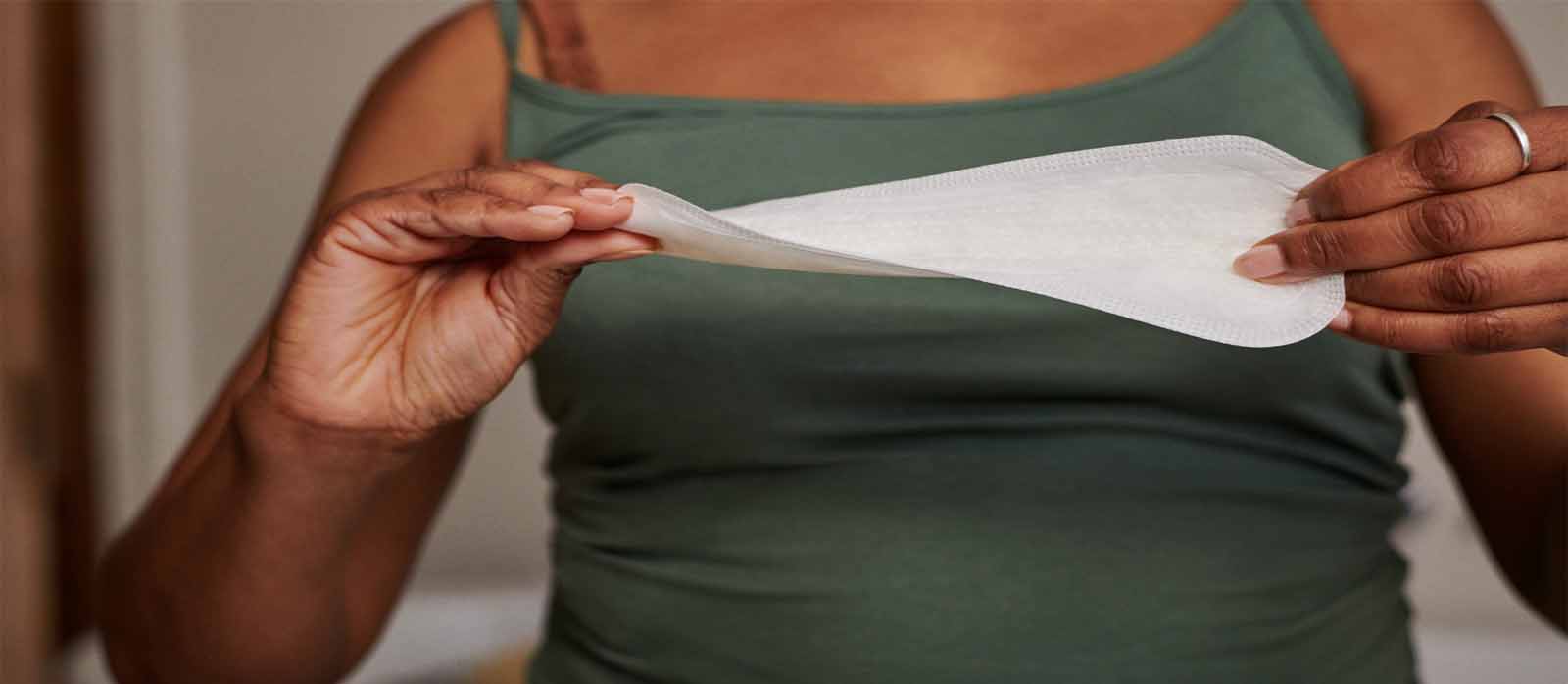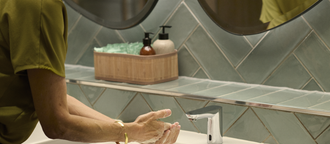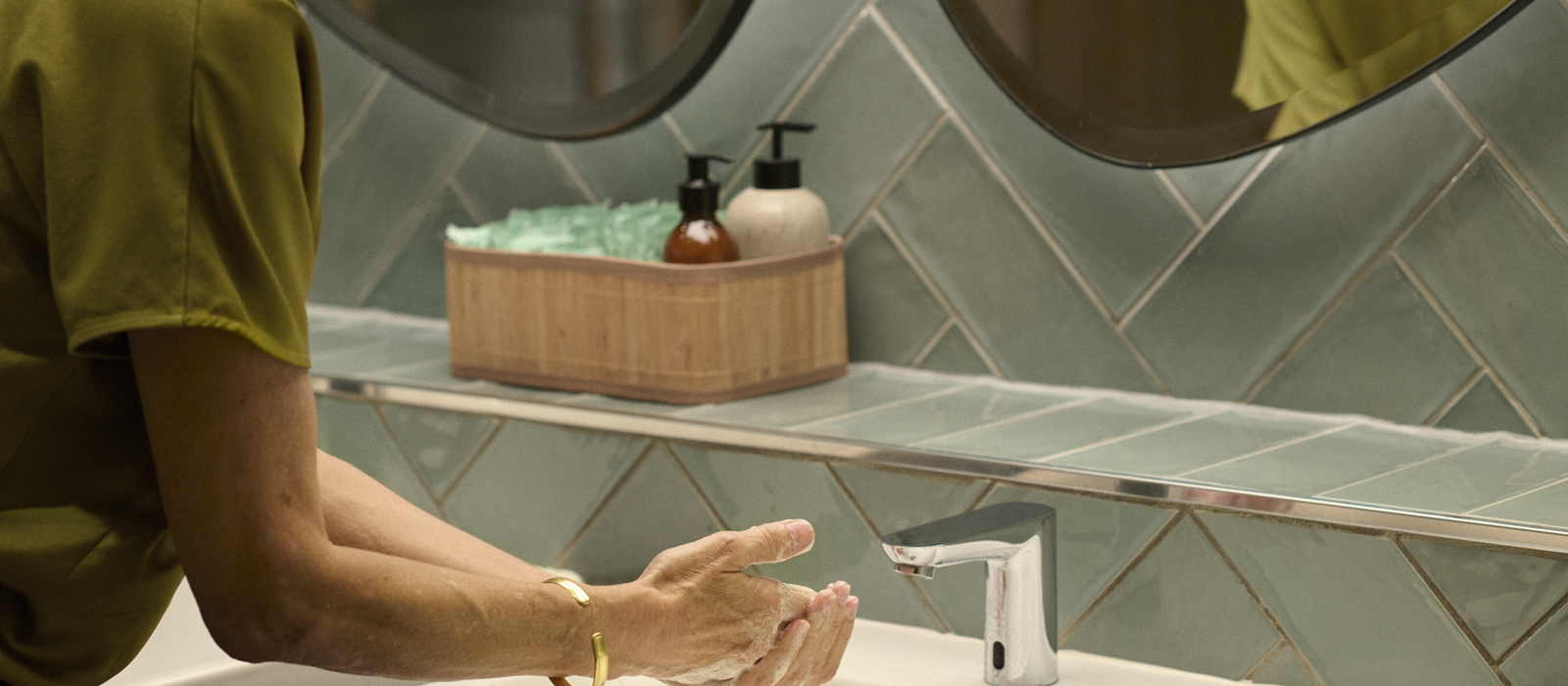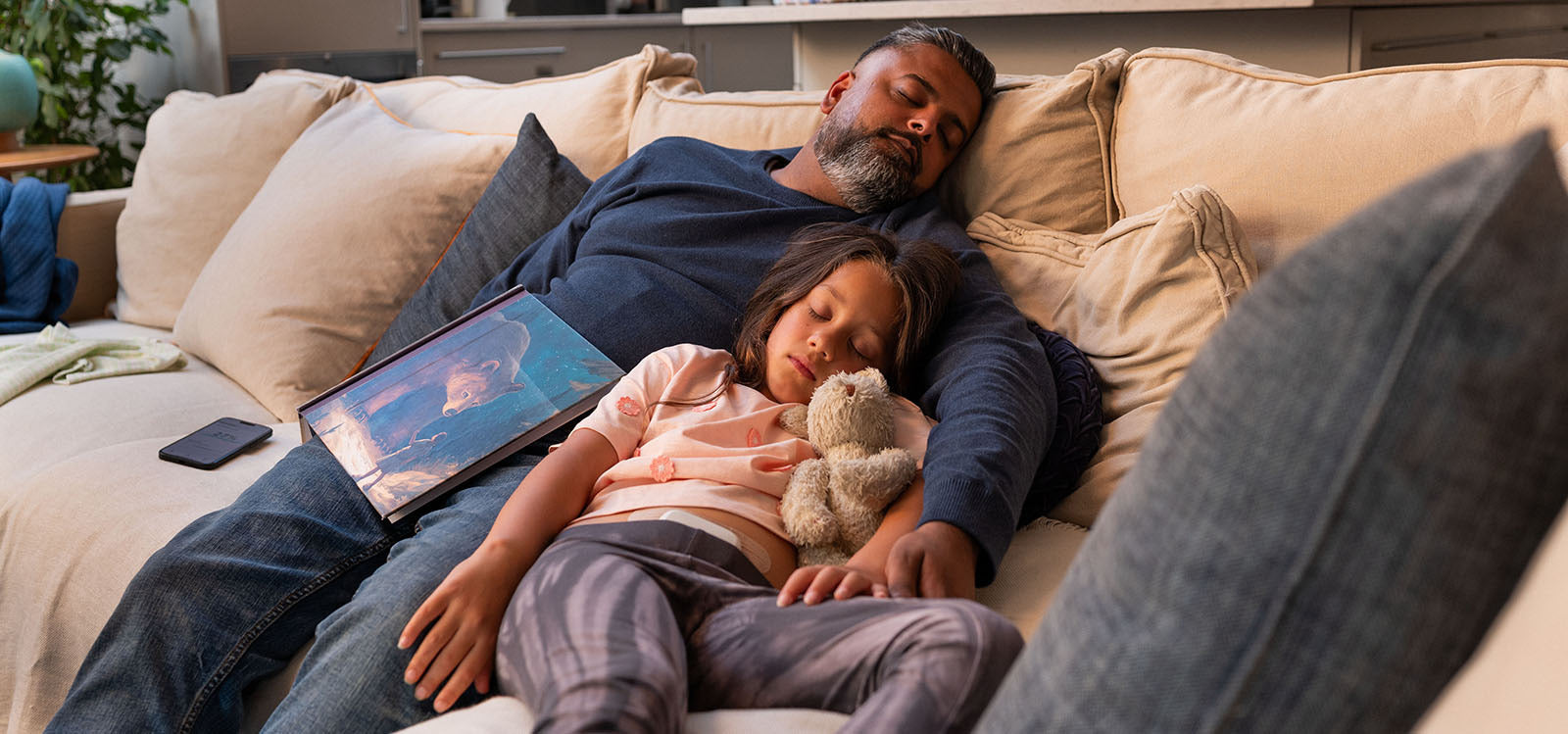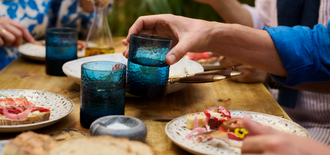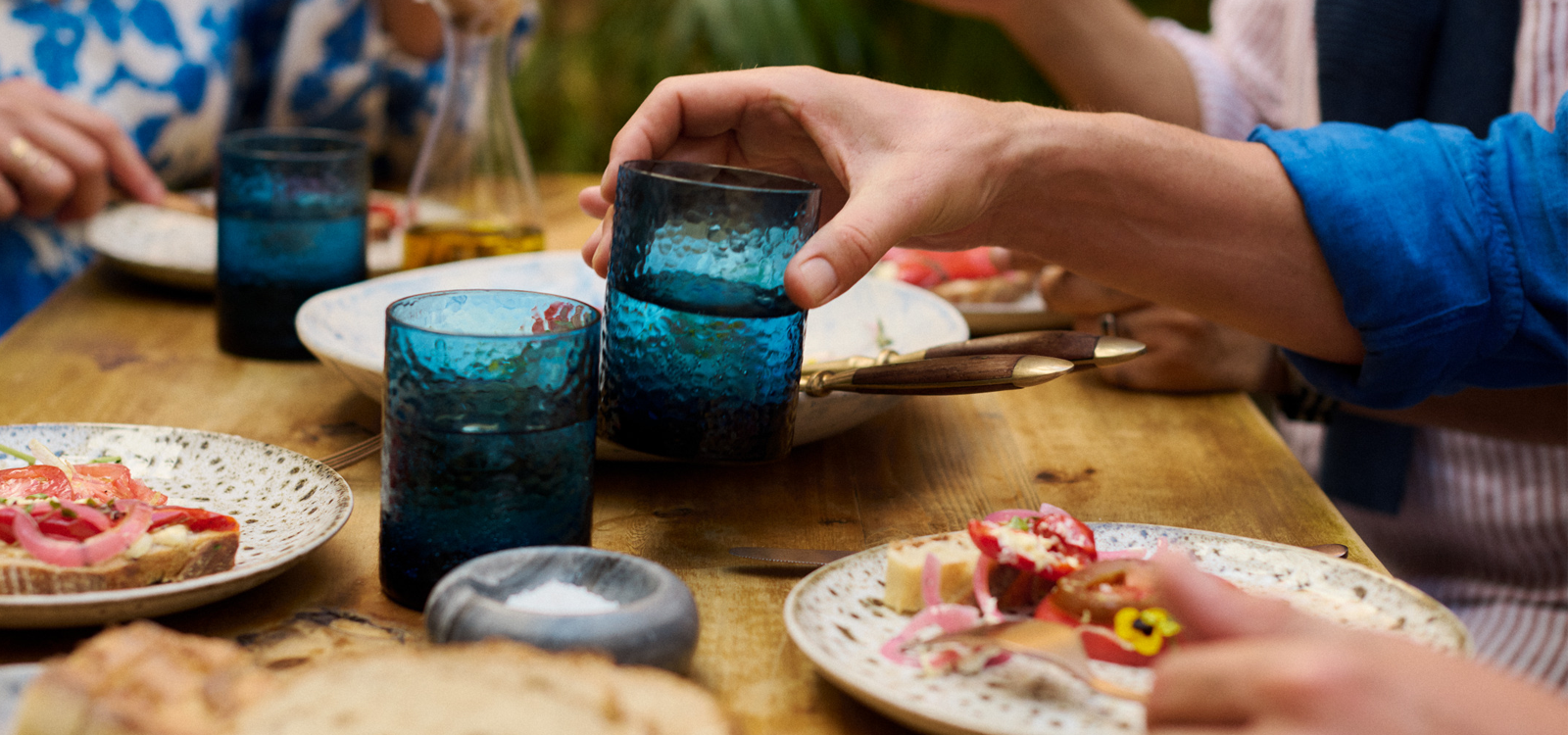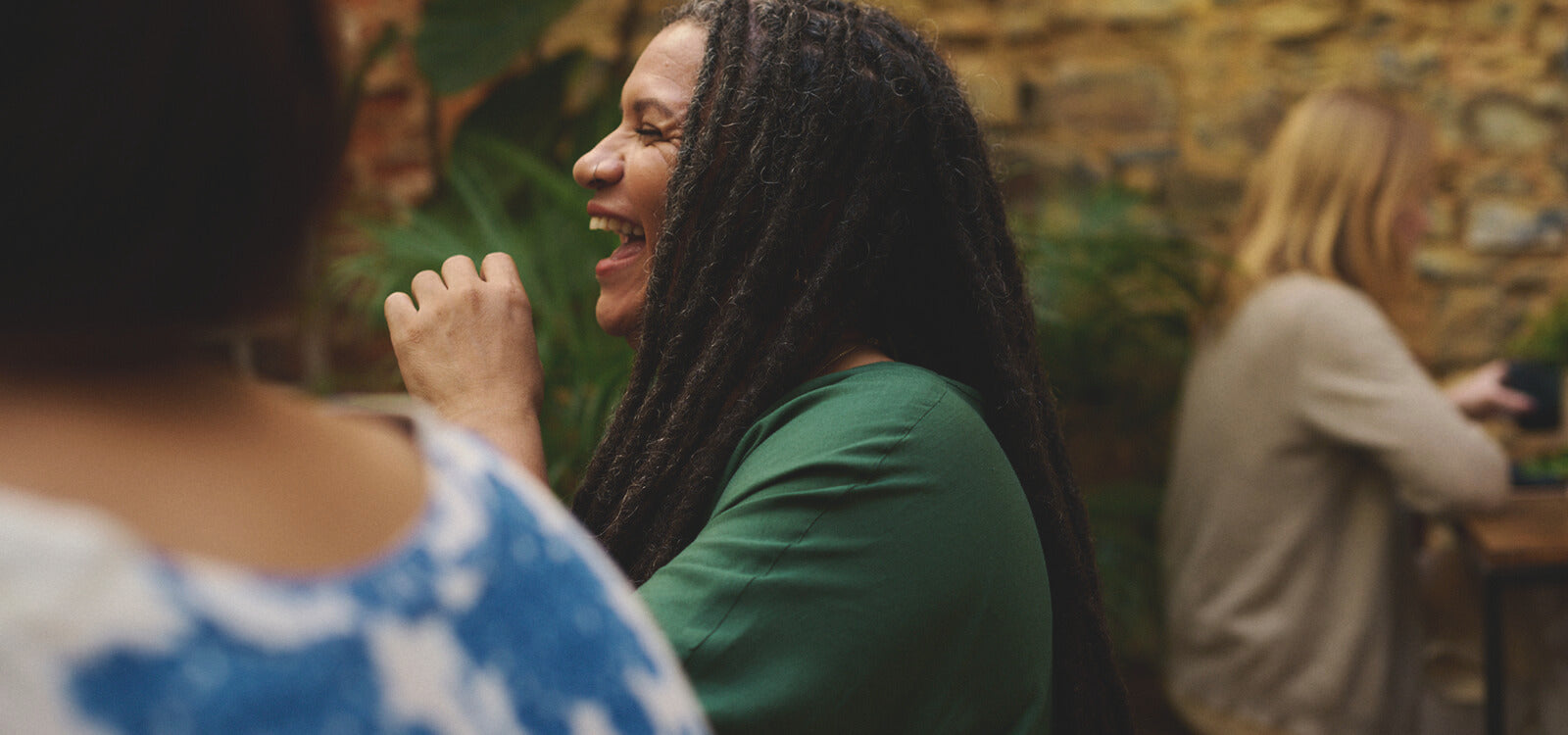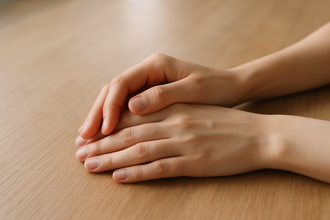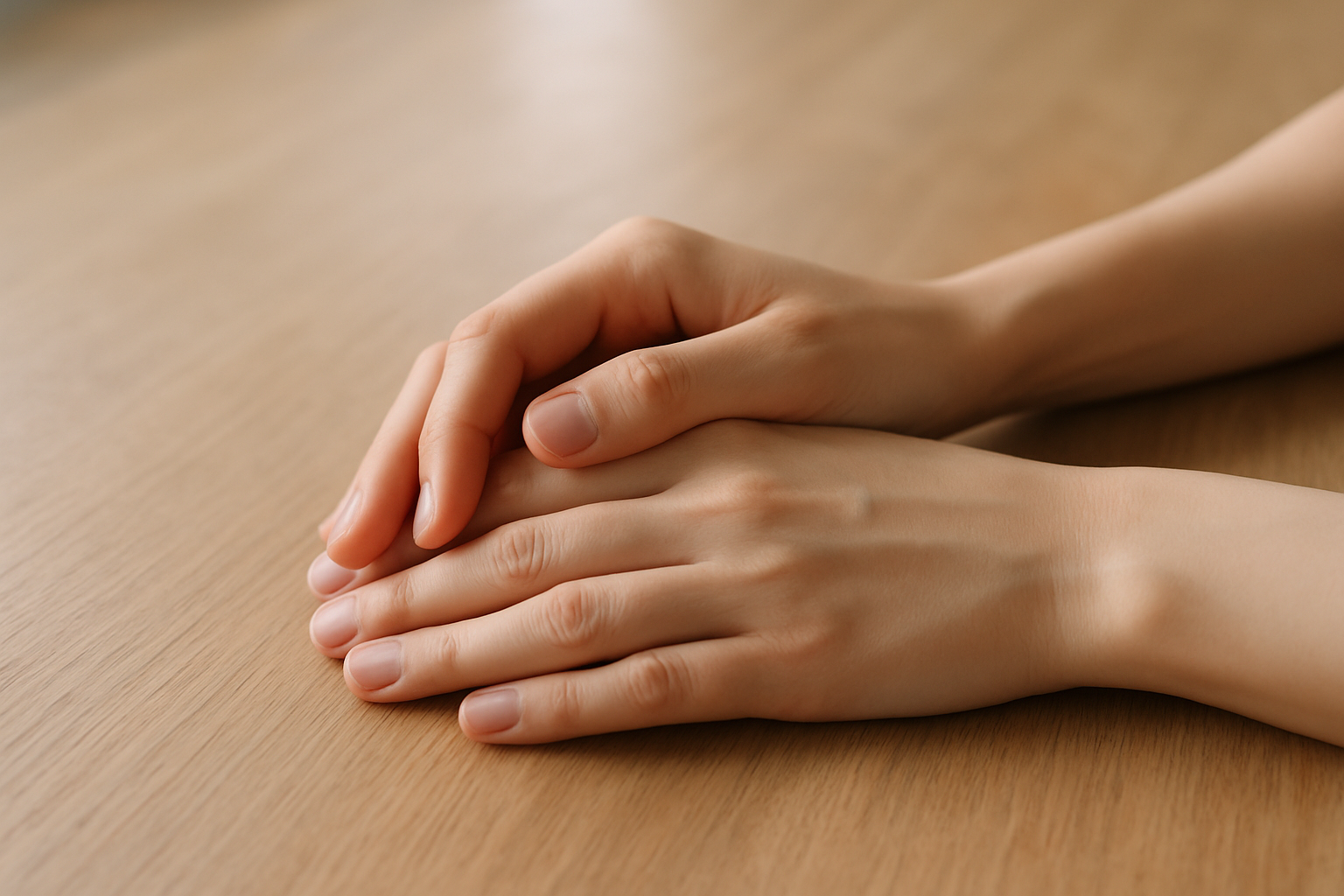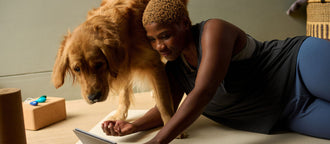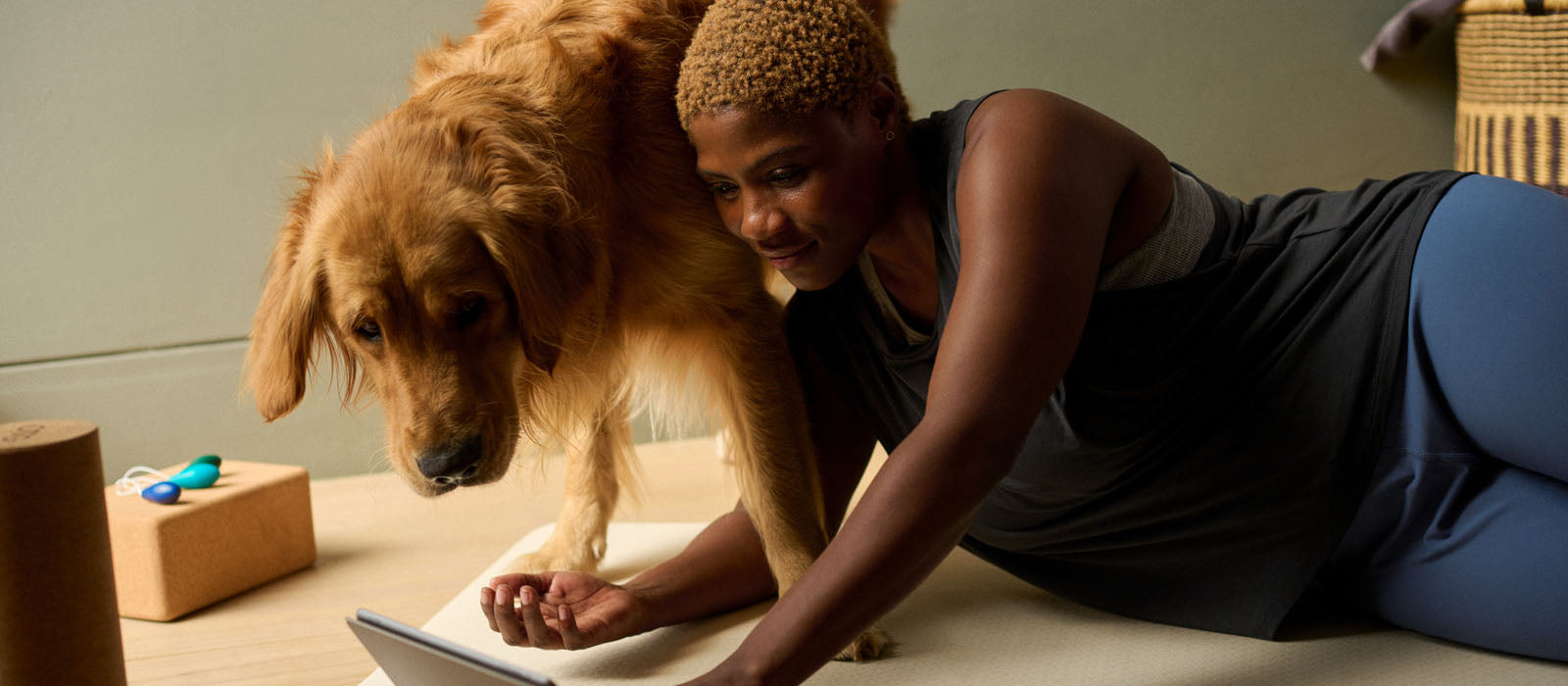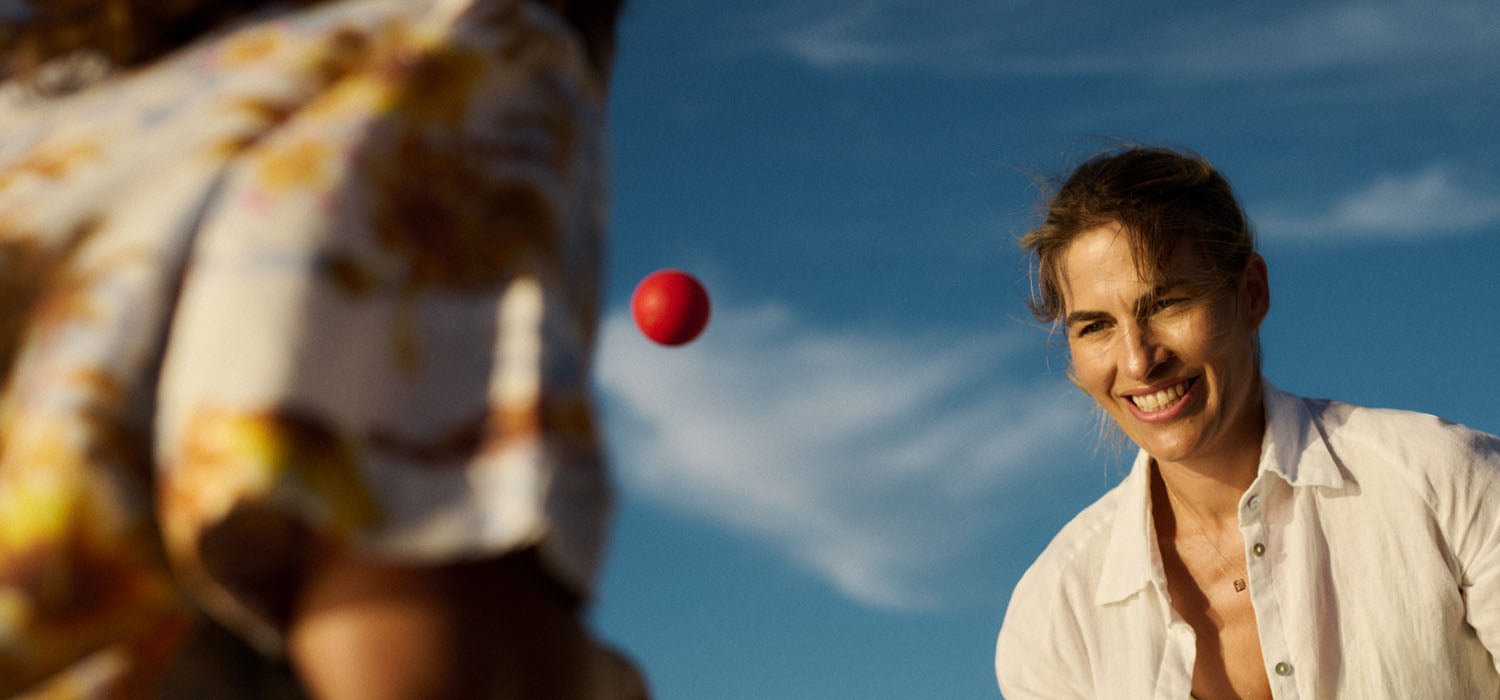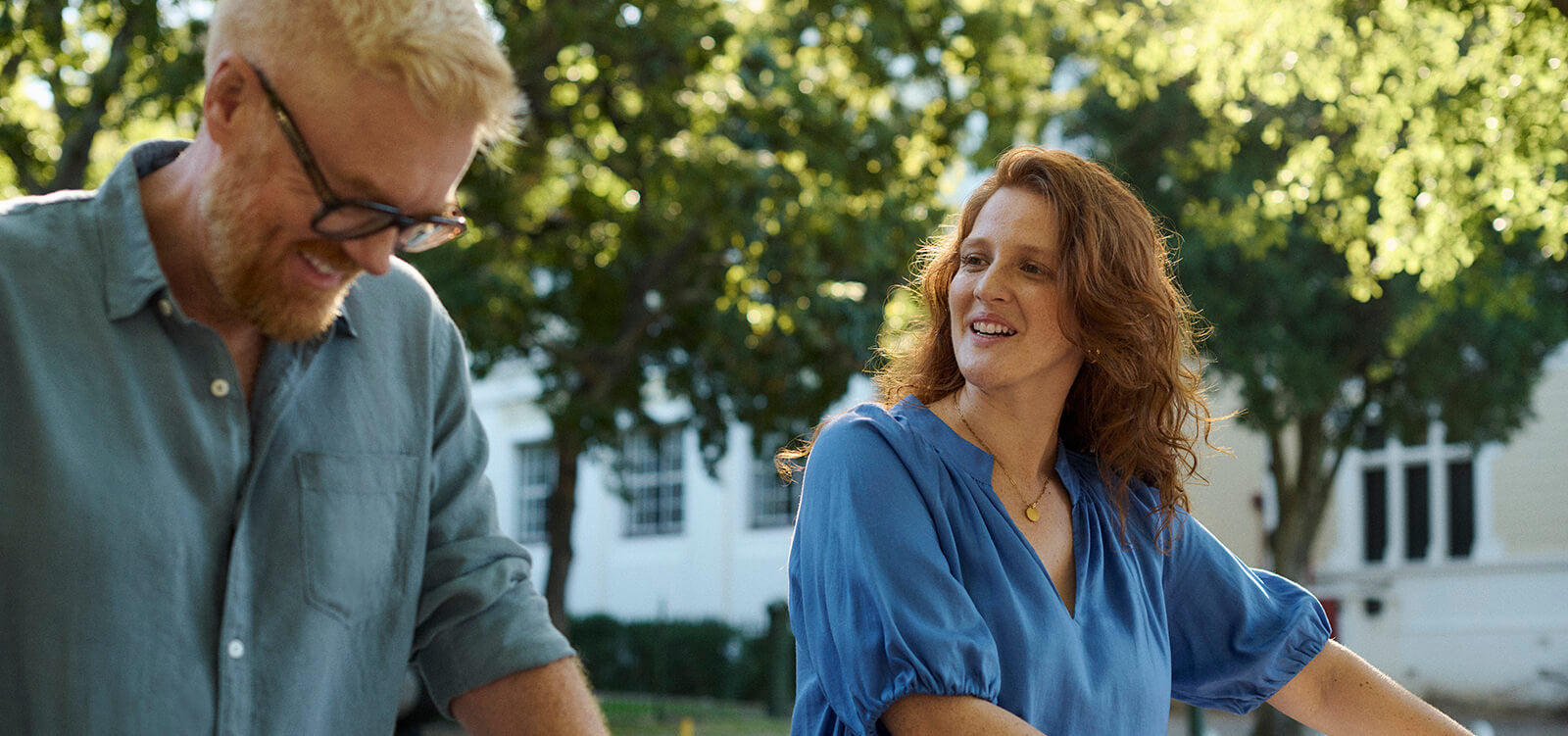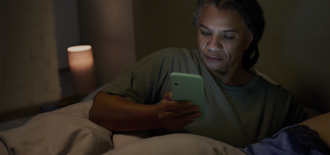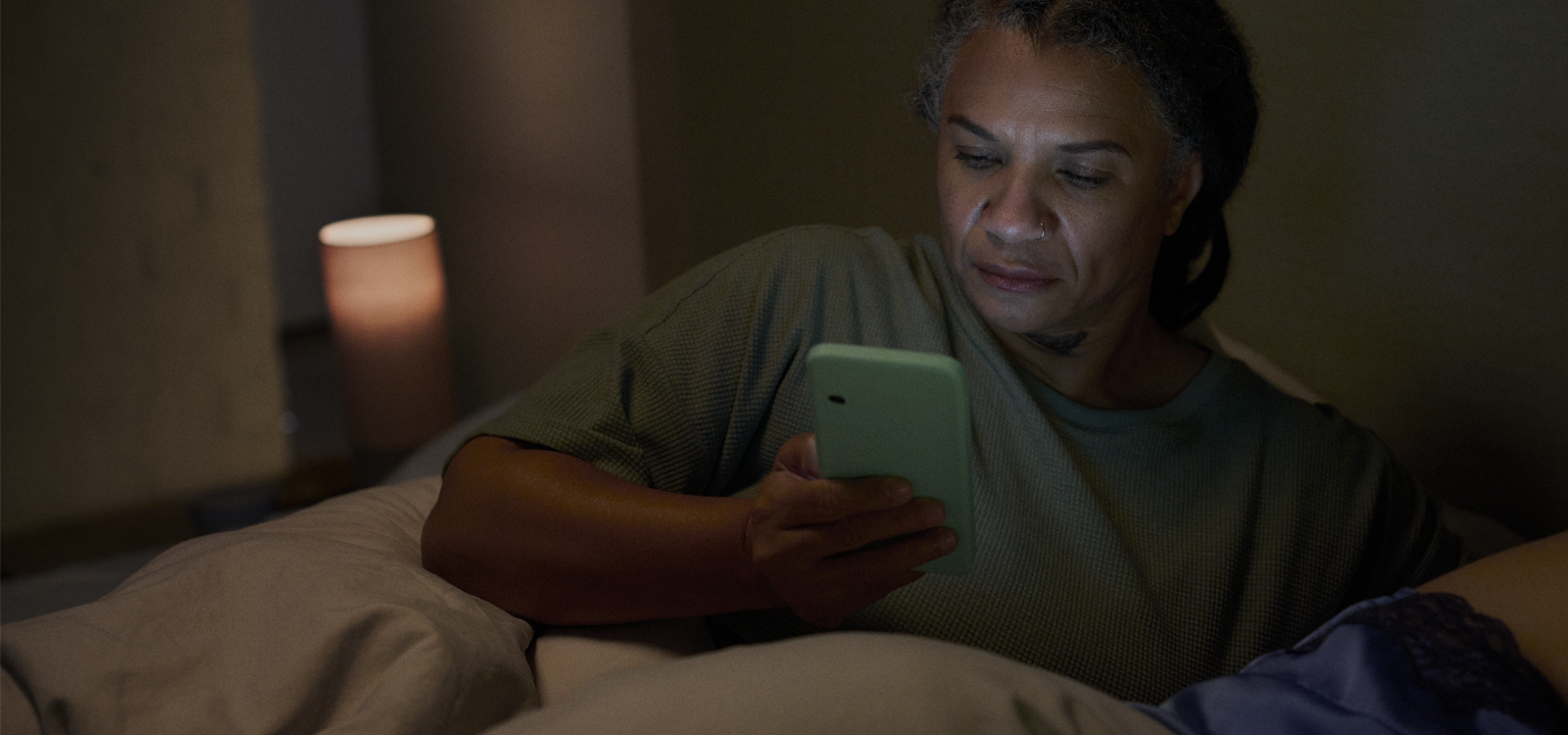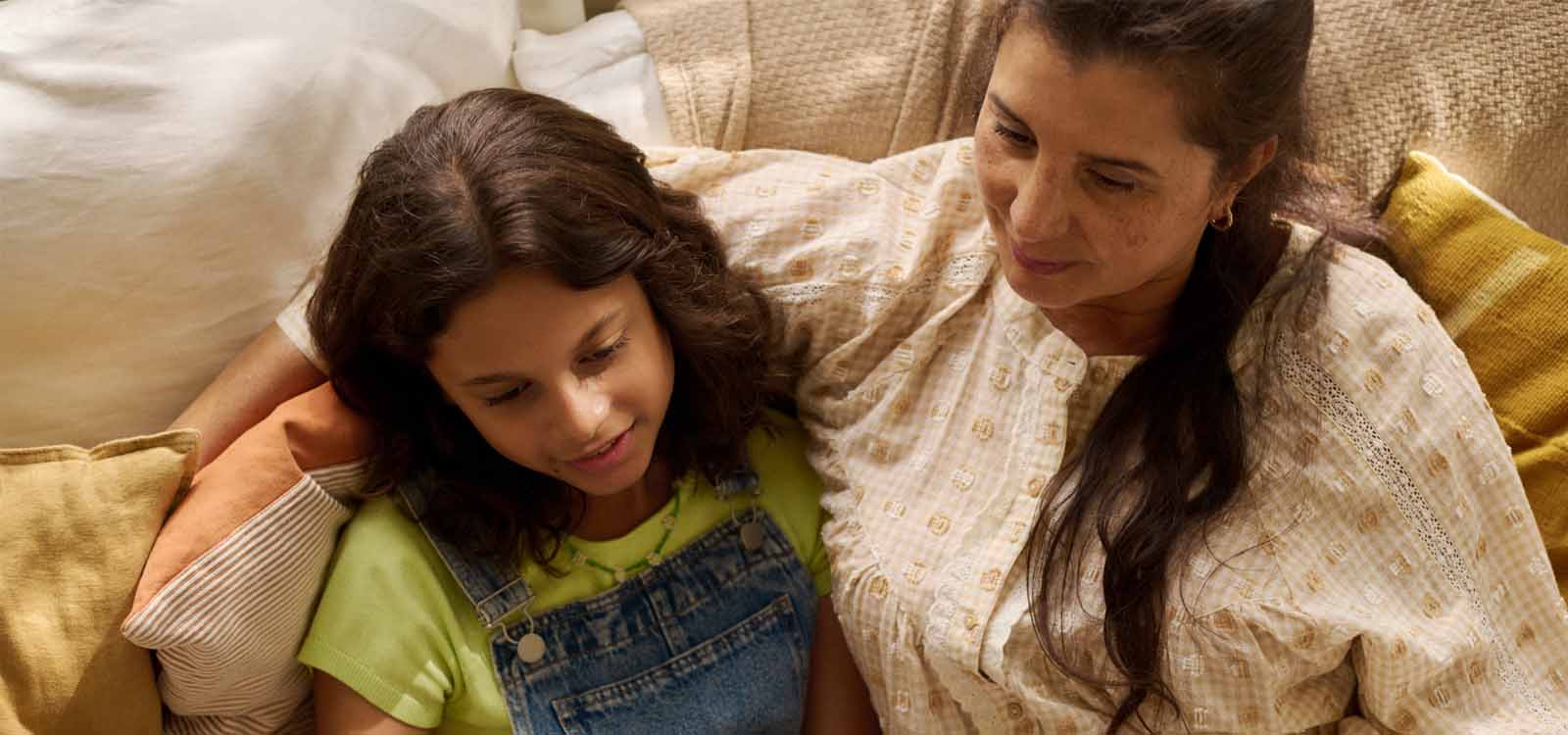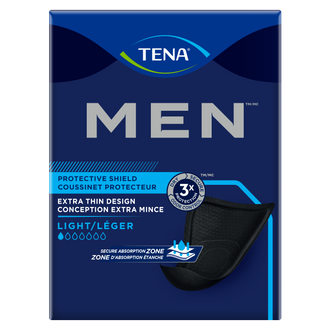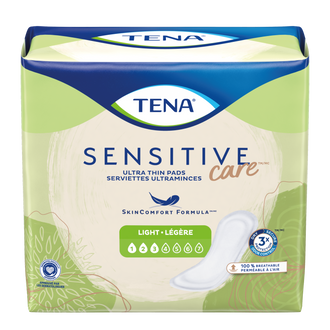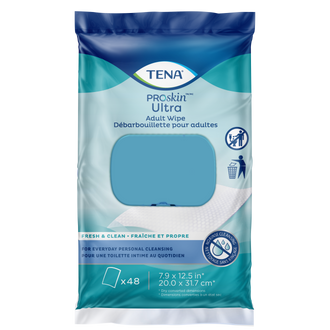Jul 16, 2025
Water plays a vital role in a healthy digestive system with many additional benefits,1,2 especially for your bladder and bowels. But when you’re living with incontinence, you may feel like drinking less water, because, well, it means less peeing.
Even if you’re living with bladder leaks or incontinence, water could be a gentle but effective tool for supporting your digestive health. Let’s look at the perks of drinking enough water, what to avoid, and everyday tips to stay hydrated and balanced.
Why Water Matters for Your Bladder Health
Water plays many roles in the body, but a few stand out when it comes to bladder health:
- It helps break down toxins making them easier to remove from your body.1
- It supports regular bowel movements, making it easier to pass stool.2
- It dilutes your urine, which helps prevent bladder irritation and urinary tract infections.1
When you are dehydrated, i.e., you don’t drink enough water, you risk having very concentrated urine, which could irritate your bladder and lead to urinary incontinence.1 This is when your bladder leaks urine without warning.
If you're living with incontinence, you're far from being alone. Over 60% of women3 and 19.3% of men4 in the U.S. live with different types of incontinence.
Common Myths About Staying Hydrated
With so many hydration myths out there, it’s easy to fall for the wrong advice. Let’s clear things up by tackling two of the most common myths.
Myth one: "If I drink less, I'll leak less."
It might seem logical “less water in means less water out,” but your bladder doesn't work that way. When you cut back on fluids, your urine becomes more concentrated.5 Stronger urine, in turn, can irritate your bladder lining and trigger leaks.5
Instead, try this simple bladder health tip: sip water regularly throughout the day.8 You also train your bladder by spacing your bathroom breaks at least two hours apart.5 This could help to keep a normal bladder capacity, and keeps your pee diluted.5
Myth two: “I only need to drink when thirsty.”
Thirst isn’t always a reliable signal, especially as you get older.6 By the time you start feeling thirsty, your body may already be mildly dehydrated.7 Don’t wait for that dry, scratchy feeling in your throat. Use your urine color as a guide:9
- Light yellow means you’re hydrated
- Darker shades are a nudge to sip more water.
- Very clear or transparent means you need to take a pause on the water.
What Happens to Your Bladder When You're Dehydrated
The benefit of drinking water for your bladder is undeniable: without enough fluids, your urine becomes more concentrated.1 Outside bladder irritations,8 poor water intake also increases your risk of urinary tract infections (UTIs), which could cause:1
- Stomach pain
- Pain when peeing
Being dehydrated could affect your bowels, too. It can lead to constipation,6 and when stool builds up, it puts pressure on the bladder.10 If continuous straining happens due to constipation it could lead to incontinence.10
Curious about UTIs? Learn more about urinary tract infections and incontinence.
Simple Ways to Stay Hydrated Every Day
While life can be busy, drinking water to tackle dehydration and urinary issues should not be a chore. Here are simple ways to manage your water intake and support your bladder and bowel health.
Make Water Your Go-To Drink
It’s easy to reach for a soda when you are thirsty; that unconscious pull can be hard to resist. Still, choosing water over soda could make a big difference for your bladder. Here are some tips to help keep you on track:11
- Always keep a water bottle around you
- Set reminders on your phone to track your water intake
- Link drinking water to daily activities like brushing your teeth or eating certain meals to make it a habit
- Ask for water when eating out
- Bargain: one glass of water for a glass of juice (if you can’t give up juice completely)
Brighten Your Water with Lemon or Lime
Water is the best drink for bladder health, but switching from sugary drinks may make it hard to enjoy. To make water more appealing, you could try adding natural flavors.12 Some fruits and herbs could be both refreshing and beneficial for your health. Some great options include:12
- Lemon or Lime: A burst of citrus flavor and a boost of Vitamin C.
- Cucumber: Refreshing and hydrating with a mild flavor.
- Oranges: Packed with Vitamin C and a touch of sweetness.
- Strawberries: Antioxidants and a juicy, sweet flavor.
- Basil or Mint: Adds a fresh, herbaceous twist.
- Rosemary: A fragrant herb with a hint of earthiness.
- Pineapple: Naturally sweet and a good source of Vitamin C.
- Raspberries: A rich source of antioxidants and vitamins.
These flavors are far better for your health than sugary drinks.12 They're free from added sugars and artificial ingredients while providing essential nutrients and antioxidants to support overall wellness.12
Other Hydrating Drinks and Foods to Try
Although colorless drinks should be a priority, hydration doesn’t only have to come from drinking water. Fruits, milk, coconut water, and herbal teas are a great addition to the mix.
Other teas, like green tea, could be an alternative to hydrating drinks as it has less caffeine than coffee or normal teas, which means its less irritating to your bladder.13
Water-rich fruits give you vitamins, antioxidants, and water.14 It's the perfect mix for hydration and bladder health. Examples include:14
- Watermelon: 92% water and is a good source of vitamins A, C, magnesium, and antioxidants
- Strawberries: a second runner-up to watermelon with 91%. it is rich in vitamin C, folate, and manganese
- Cantaloupe: made of 90% water, this fruit gives you a boost of vitamin A
- Peaches: This fruit has 89% water and is rich in vitamins A, B, C, and potassium
- Oranges: Have 85% water content and are rich in vitamin C and potassium.
Milk is also a solid hydration option; it contains 90% water.15 It is packed with not just fluids, but with vitamin A, D protein, potassium, and calcium.15
Wondering what else to add to your grocery list? Learn more about food and drinks for bladder and kidney health.
Watch Out for Drinks That Irritate the Bladder
Some drinks support your bladder and hydration goals while others can work against them. It's not only about what you drink, some foods can also irritate your bladder and make symptoms worse.
How Caffeine Can Stir Up Bladder Trouble
Caffeine has three effects that can bother your bladder: it acts as a stimulant, an irritant, and a diuretic.16 Drinks that irritate the bladder, like coffee and colas contain caffeine.16,17 These beverages, especially coffee, can trigger sudden urges to urinate, worsening urge incontinence, particularly after two cups )or more than 200mg of caffeine).16
You should pay attention to how your body feels after drinking coffee or drinks with caffeine. If you notice a pattern, try switching to decaf options and see if your symptoms improve.16
FAQs
How Much Water Should I Drink Daily for Bladder Health?
Most people need about 6–8 cups of water a day for healthy bladder function.1 Despite this, other factors like the following also affect how much water you need:18
- Age
- Sex
- Pregnancy
- Breastfeeding
- Your overall health
The key is to pay attention to your body; if you're feeling thirsty or your urine is dark yellow, it’s a sign to drink more.9
Can Drinking Too Much Water Worsen Incontinence?
Yes, but it depends on how and when you’re drinking. Overhydration in general can overwhelm your bladder, leading to frequent urination or leakage.8
The key is balance: sip water steadily throughout the day, and slow down in the evening.8 This keeps you hydrated without flooding your bladder all at once.
Are There Specific Times I Should Drink More Water?
Yes, your body may need more in certain situations, like:18
- On a hot day
- When you're physically active
- If you're sick with a fever, vomiting, or diarrhea
Wondering if It's Normal? Signs of a UTI from Not Drinking Enough
If you notice any of these UTI dehydration symptoms, see a doctor early to prevent complications and protect your bladder:19
- Cloudy, or foul-smelling urine
- Burning or pain while urinating
- Constant urge to pee
- Peeing often, but a little at a time
- Pelvic pressure or discomfort
How Dehydration Can Lead to Bladder Inflammation
Dehydration could increase your risk of cystitis (Bladder inflammation).20,21
When you're dehydrated, your concentrated urine could irritate the bladder lining, triggering inflammation even without an infection.20 It could lead to discomfort, pain, and worsening incontinence symptoms.20
If you are experiencing any symptoms like those of a UTI (cloudy pee, foul-smelling pee, pelvic discomfort, or the constant urge to pee), see a healthcare professional as soon as possible.20
How Often Do Well-Hydrated People Urinate?
A well-hydrated person uses the toilet 4-10 times a day.22 Do you go to the toilet more than that? Don’t worry, this figure is not set in stone. Several factors cause changes, including:18
- How much water you drink
- Your pregnancy status
- Weather conditions (hot weather may lead to more frequent urination)
References
1. CXBladder. Why Water Is Essential for Bladder Health [Internet]. www.cxbladder.com. Available from: https://www.cxbladder.com/us/blog/why-water-is-essential-for-bladder-health/
2. Fulghum D. How Drinking Fluids Can Help You Manage Constipation [Internet]. WebMD. WebMD; 2024. Available from: https://www.webmd.com/digestive-disorders/water-a-fluid-way-to-manage-constipation
3. Patel UJ, Godecker AL, Giles DL, Brown HW. Updated Prevalence of Urinary Incontinence in Women: 2015–2018 National Population-Based Survey Data. Female Pelvic Medicine & Reconstructive Surgery. 2022 Jan 12;28(4):181–7.
4. Cao C, Christie Yu Zhang, Sriskandarajah C, Xu T, Gotto G, Sutcliffe S, et al. Trends and Racial Disparities in the Prevalence of Urinary Incontinence Among Men in the USA, 2001–2020. European Urology Focus. 2022 Nov 1;8(6):1758–67.
5. National Association For Continence. Myths About urinary Incontinence [Internet]. National Association For Continence. Available from: https://nafc.org/myths-about-urinary-incontinece/
6. Mayo Clinic. Dehydration - symptoms and causes [Internet]. Mayo Clinic. 2021. Available from: https://www.mayoclinic.org/diseases-conditions/dehydration/symptoms-causes/syc-20354086
7. Medicine.net. How Can You Tell if You Are Dehydrated? [Internet]. MedicineNet. Available from: https://www.medicinenet.com/how_can_you_tell_if_you_are_dehydrated/article.htm
8. Pelvisawareness_admin. Water Intake & Incontinence: How Much Should I Be Drinking? - Pelvic Awareness Project [Internet]. Pelvic Awareness Project. 2021. Available from: https://pelvicawarenessproject.org/water-intake-incontinence-how-much-should-i-be-drinking/
9. Wojcik G. Hydration Chart: Learn to Read the Shades of Your Pee [Internet]. Healthline. 2019. Available from: https://www.healthline.com/health/hydration-chart#clear
10. Nunez K. Are Constipation and Overactive Bladder Related Conditions? [Internet]. Healthline. Healthline Media; 2022 [cited 2025 May 8]. Available from: https://www.healthline.com/health/constipation-and-overactive-bladder?
11. Reiland L. Tips for drinking more water [Internet]. Mayo Clinic Health System. 2023. Available from: https://www.mayoclinichealthsystem.org/hometown-health/speaking-of-health/tips-for-drinking-more-water?
12. Raw V. How healthy is flavoured water? [Internet]. Patient.info. 2024. Available from: https://patient.info/news-and-articles/how-healthy-is-flavoured-water
13. Auty S. How Effective is Drinking Herbal and Green Tea for Bladder Problems? [Internet]. Incontinence UK. 2023 [cited 2025 May 8]. Available from: https://www.incontinence.co.uk/how-effective-is-drinking-herbal-and-green-tea-for-bladder-problems
14. Elliott B. 19 Water-Rich Foods That Help You Stay Hydrated [Internet]. Healthline. 2017. Available from: https://www.healthline.com/nutrition/19-hydrating-foods
15. Anand Shridharani. Does caffeine REALLY cause overactive bladder? [Internet]. UT Erlanger Urology. 2016. Available from: https://www.uturology.com/2016/05/does-caffeine-really-cause-overactive-bladder/
16. Kelly Kennedy, RDN, LDN. Does Milk Count as Fluid? [Internet]. EverydayHealth.com. 2022. Available from: https://www.everydayhealth.com/diet-nutrition/does-milk-count-as-fluid/
17. Ridley margaret. Dr Pepper vs Coke [Internet]. Caffeine Park. 2023. Available from: https://caffeinepark.com/coke-vs-dr-pepper-14929/
18. Mayo Clinic. How much water do you need to stay healthy? [Internet]. Mayo Clinic. 2024. Available from: https://www.mayoclinic.org/healthy-lifestyle/nutrition-and-healthy-eating/in-depth/water/art-20044256?
19. Mayo Clinic. Urinary tract infection (UTI) - symptoms and causes [Internet]. Mayo Clinic. 2022. Available from: https://www.mayoclinic.org/diseases-conditions/urinary-tract-infection/symptoms-causes/syc-20353447
20. Dr. Katherine Voss. Dehydration: 4 Conditions Made Worse by Thirst [Internet]. The Urology Group. 2020. Available from: https://www.urologygroup.com/dehydration-4-conditions-made-worse-by-thirst/
21. Whitbourne K. Cystitis (Bladder Inflammation) [Internet]. WebMD. 2017 [cited 2025 May 3]. Available from: https://www.webmd.com/urinary-incontinence-oab/what-is-cystitis?
22.Karla Walsh. How Often Should You Pee & When Is It Too Much? Here’s What Doctors Say [Internet]. EatingWell. 2023. Available from: https://www.eatingwell.com/article/8062577/how-often-should-you-pee/



















